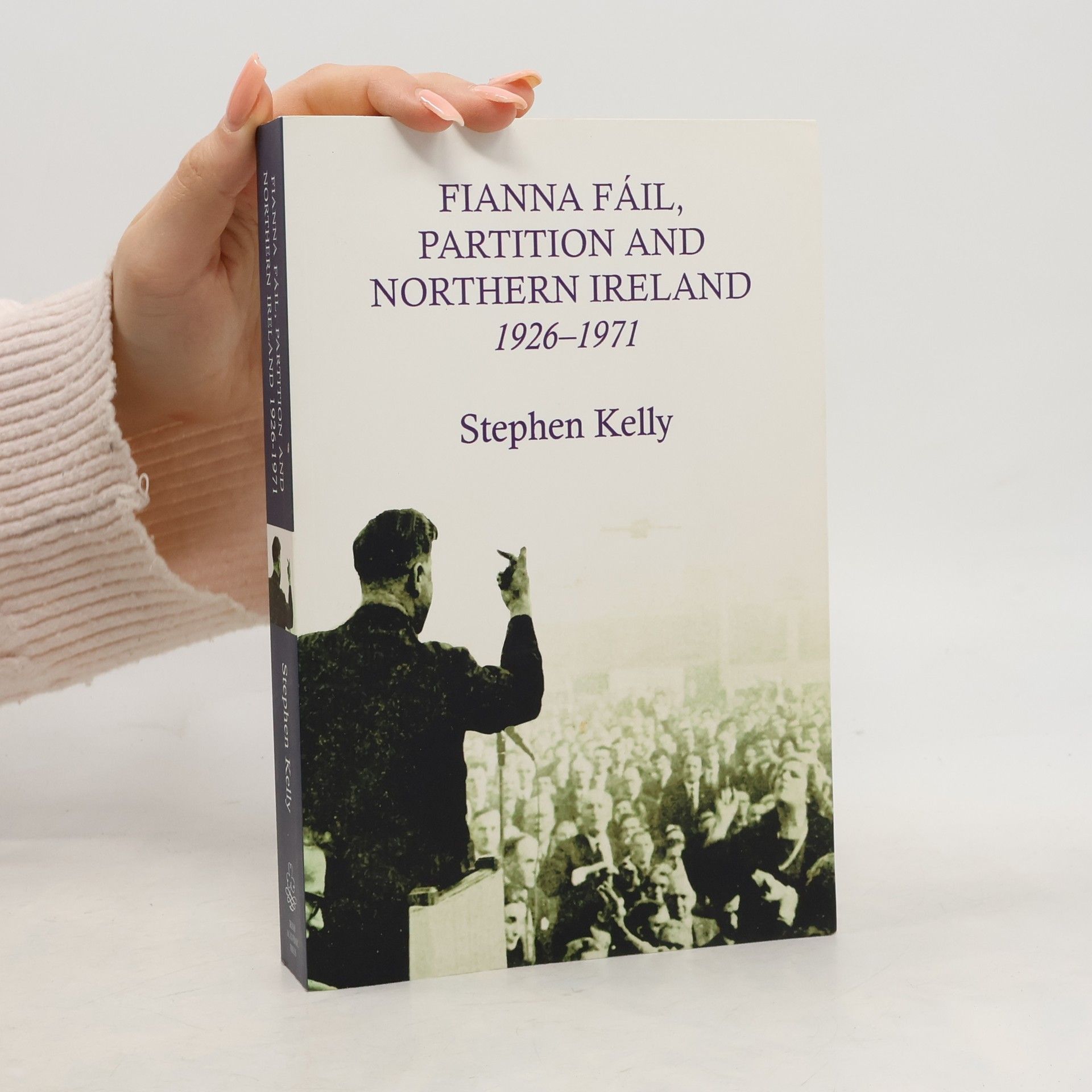Gerald Boland
- 320 pages
- 12 hours of reading
Gerald Boland (Gearóid Ó Beoláin) Irish militant revolutionary, politician and statesman, has until now ranked amongst the forgotten figures of modern Irish history. This book addresses this historical imbalance. Boland's life story offers readers an insight into the birth and subsequent development of the modern Ireland. From a humble working-class family, steeped in the Irish Republican tradition, Boland played an active role in the Irish Revolution and subsequently was at the forefront of political life in the nascent years of the Irish Free State, first as a Sinn Féin elected representative and thereafter within Fianna Fáil. Boland's story thus offers readers a personal insight into many of the major military and political events which helped shape modern Ireland over the duration of his lifetime (1885-1973). Importantly, this biographical study provides readers with a critical examination regarding Gerald Boland's military adventures, political manoeuvres and significantly his forgotten role as one of Ireland's eminent state builders. The picture that is painted is of a patriotic adolescent emerging to become a strong-willed militant young man turned politician and later respected (and sometimes feared) government minister. He was never afraid to speak his mind, exhibiting an independent spirit, which invariably gained him a reputation for often displaying examples of brutal honesty. He did not suffer fools gladly.



